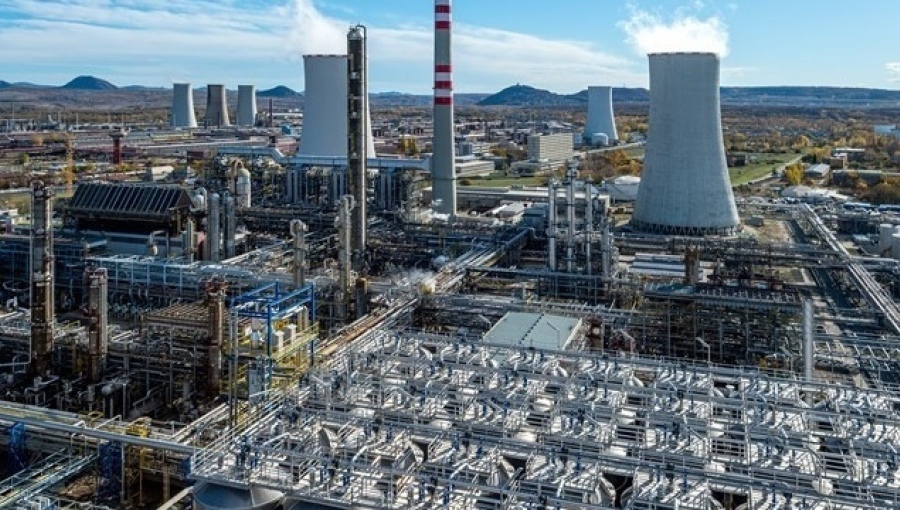Druzhba oil flow to Czechia is resumed

Oil flows to Czechia via the Druzhba pipeline, bringing Russian crude to Central Europe, resumed on December 6, Czech media reported.
“Shipments were renewed on Friday morning and crude is flowing again,” Mariusz Wnuk, head of the Czech branch of Poland's Orlen oil group (Orlen Unipetrol), was quoted as saying by Czech Television (CT).
The oil flow from Druzhba stopped on Wednesday, leaving the country dependent on its reserves and the oil flow from the west.
“We would like to thank the [Czech] government and the operator of the state material reserves (SSHR) for quick preventive action and collaboration,” Wnuk added, saying that “we have bridged the delay in shipment from our own reserves and the production of fuels was maintained” during the halt.
Previously on Wednesday, the government offered to lend up to 330,000 tonnes of oil to Orlen's Litvinov refinery from its reserves in response to Russia's halt to crude flows via the Druzhba.
“It was not necessary to use the loaned stock from the Czech reserves for the refinery in Litvínov,” said Pavel Švagr, the head of the state material reserves company SSHR.
No official reasons were given as to why the halt occurred, but Václav Bartuška, Czech government envoy for energy security, attributed the halt to "Russia playing games,” and stressed that “we don’t see a single reason to talk to them”.
Oil imports from the Druzhba pipeline represent some 58% of all oil imports to the country, which has reserves of oil and oil products for 86 days, the Czech Press Agency (ČTK) noted.
Švagr said that “by the end of the year, we should get back to 90 days,” explaining that by then “Orlen Unipetrol should return the oil it had borrowed in August”, when the production at the Litvínov refinery was shuttered due to a discovery of British World War II bomb on the site.
The sitting centre-right Czech government expects the country to be freed from dependency on Russian oil imports by the middle of next year, following the completion of the TAL-PLUS projects – a CZK1.6bn (€67.5mn) expansion of the TAL pipeline which runs from the Italian port city of Trieste north to Austria and Germany, where Czechia is connected to it with its IKL pipeline.
TAL-PLUS will increase the pipeline’s transporting capacity for Czechia to 4 million tonnes of oil annually, which will enable the country to stop importing oil from the Druzhba pipeline.
Poland’s Orlen operates two refineries in Czechia in Litvínov, near the German border in the north, and Kralupy nad Vltavou, near Prague. In August, Orlen’s head Ireneusz Fafara told the Polish press agency PAP that Orlen is ready to end Russian oil imports completely, pending the completion of enhancing oil pipeline connections from Germany to Czechia.


Follow us online